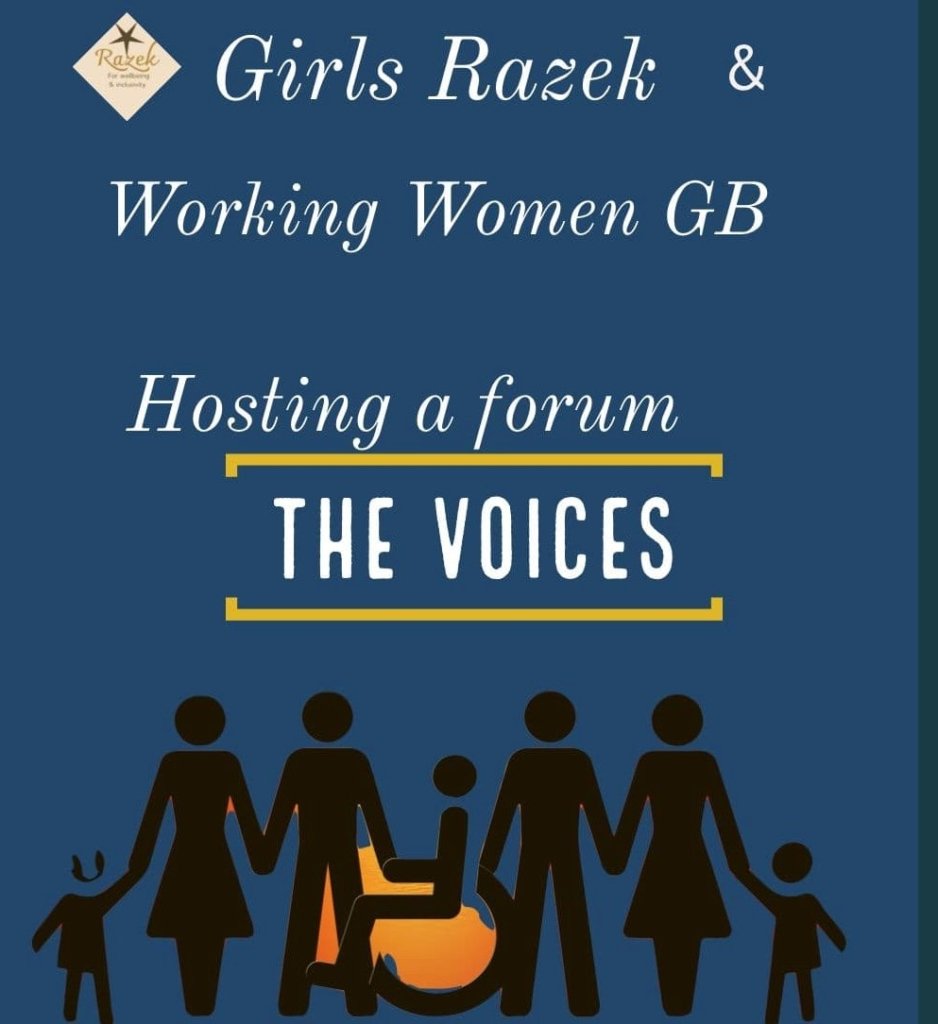Activists demand equal rights and spaces for women and marginalized segments of society; call for an end to exploitation, harassment of women and violence against women with physical disabilities, trans persons.
By Rozina Ahmad
Social, political and women rights’ activists have vehemently advocated equal rights and opportunities for the oppressed and marginalized segments of society in Gilgit-Baltistan.
They stressed the need for creating awareness about the rights of women and persons with disability. They called for an end to objectification, discrimination, harassment, and exploitation of women and the demolition of patriarchal structures to establish an egalitarian and pluralistic society.
These views were expressed by Asif Naji, Kosar Bano, Tasneem, Zaigum Abbas, Reshma Parveen, Rizwan Qalandar, Ehtesham Khan, and Khalida Rahim during a discussion on Zoom on June 6.
The session “The Voices” was organized by Girls Razhek — a platform for young women to share their problems, agonies and challenges they face at public places and at homes – and the Working Women Group of Gilgit-Baltistan for the progressive men and women, people with disability and transgender community within the mountainous society.

Zaigum Abbas, an academic and activist, spoke about the exploitation of women and feminist movements from a historical and class perspective. He also explained in detail the power structure and how the oppressed segments of society are exploited by the neoliberal economic system and development policies in the name of ‘empowerment.
He also explained in detail the difference between Socialist feminism and liberal feminism and how the neoliberal economic system increases the exploitation of women by objectifying them and their commodification.
He said that how the liberals pretending to be ‘progressive’ reinforce exploitation of women and patriarchy. “We have to define the most abused word ‘progressive’ from Marxist and class perspective to understand the working-class socialist feminist movements.
Endorsing Zaghum’s views, Rizwan Qalandar spoke about the NGO-driven empowerment of women in GB’s context.
While appreciating the organisers of the session, he said: “Events like these are a need of the time as they provide an opportunity to individuals coming from diverse backgrounds to get together to discuss the structural issues of our society”.
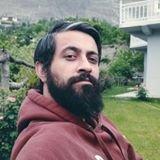
Talking about the challenges women activists in GB are faced with, he said resistance to the women’s rights issues from certain quarters under labels is understandable as many generations have grown up without an understanding of rights, responsibilities as well as relations between state and citizenship.
“Anything that has to do with power cannot be discussed outside the realm of state structure and politics as it is the superstructure in a world divided along with nation-states,” he said.
“Narratives built by NGOs or other institutions, no matter how effective they may be, will always lack legitimacy if the voices of the people are excluded.”
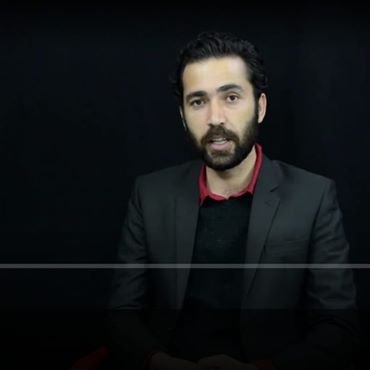
Engaging the public and youth bulge which makes up 64 per cent of the population is imparting them civic education for safeguarding our fundamental rights including the women’s rights in GB, Rizwan exhorted.
Advocate Asif Naji also discussed women struggle for rights and shared the pioneering role played by Malka Baltistani in politics in her prime age in the late 60s. She passed away recently in the USA. He also mentioned the role of AKRSP in providing space for women in the job market.
Tasneem Zahra, a social activist, narrated the difficulties and challenges being faced by physically challenged persons especially women with the anecdotes of her personal experiences.
Tasneem, who was affected by the poliovirus in her childhood, is an embodiment of courage and a symbol of struggle and inspiration for others.
She shared the agonizing situations she had been through and the challenges in an orthodox male-dominated society and how she overcame her physical handicap.
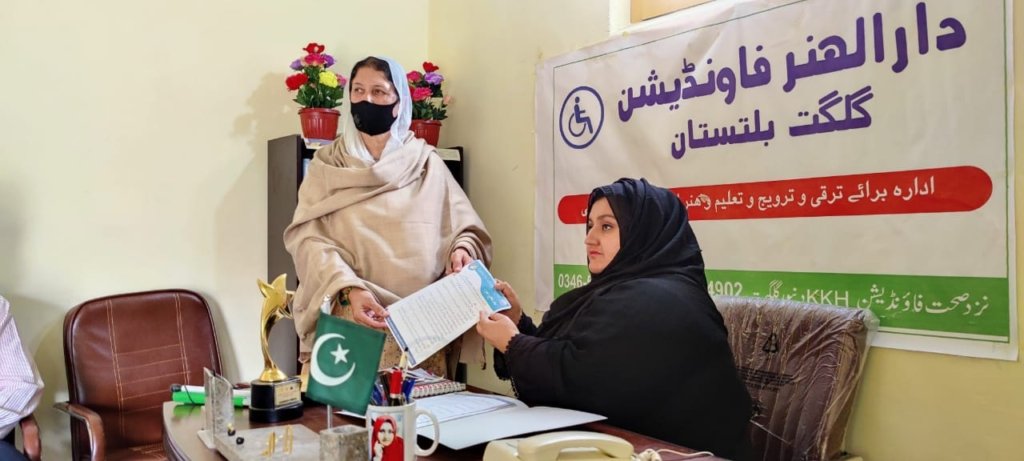
The crippling disease affected her physically but did not defeat her will and ambitions to work for herself as well as for others. Her determination and resilience yielded and she did Masters in English Literature and other courses from Islamabad’s National University of Modern Languages (NUML).
She owes her achievements to her father who supported and encouraging her in her academic pursuits.
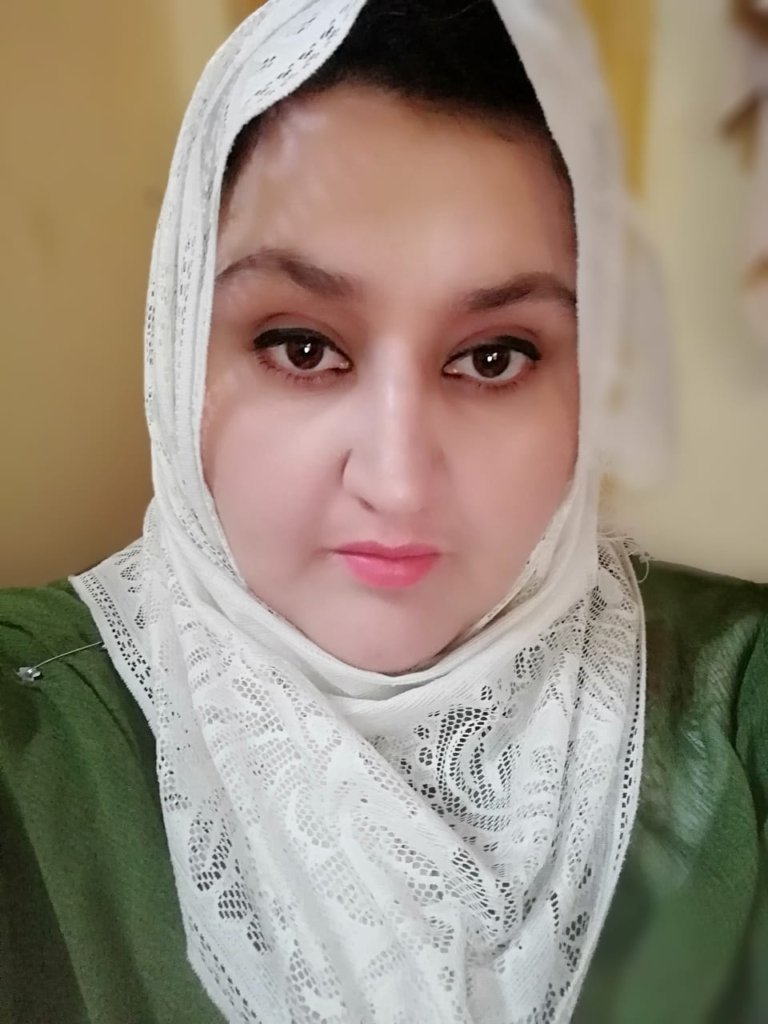
Tasneem was all praise for Mr Kazmi’s work and encouragement.
Currently, she is working on domestic violence against disabled women in Gilgit-Baltistan.
“The environment for disabled women is not conducive and encouraging,” she said. Despite limited resources and hurdles, she is determined to continue her work.
“We can work for the needy persons. People with disability have a strong presence and are working hard, Tasneem said.
“They are great examples of courage and icon of support to each other. We must learn this support technique from them,” she concluded.
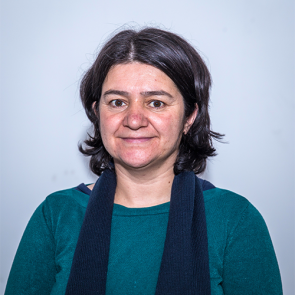
Kosar Bano, a gender expert, and researcher highlighted women’s issues and hurdles, particularly in Hunza and Ghizer districts. She emphasized that all the progressive forces should be on the same page if we have to address patriarchy and women’s issues. The progressive men also need to understand what women are facing and what the real issues are.
Kosar particularly mentioned the recent interview of Sadia Danish, a noted politician, with a local channel where she tried to undermine the vocal women categorically calling them activists with intentions to ridicule them.
All the women activists took exception to the statement of Sadia and urged women in power to support each other for change in policies and avoid criticizing each other just for personal grudges.
Political activist Ehtesham Khan dispelled the notion that women face problems more in Hunza and Ghizer than in other districts and said that the oppression of women today has to be analyzed in a historical context.
“We have to analyze the situation from historical and class perspective as explained by Zaigum and the evolutionary stages women have been going through today. Only then we will be able to understand the exploitation and oppression of women,” he said.
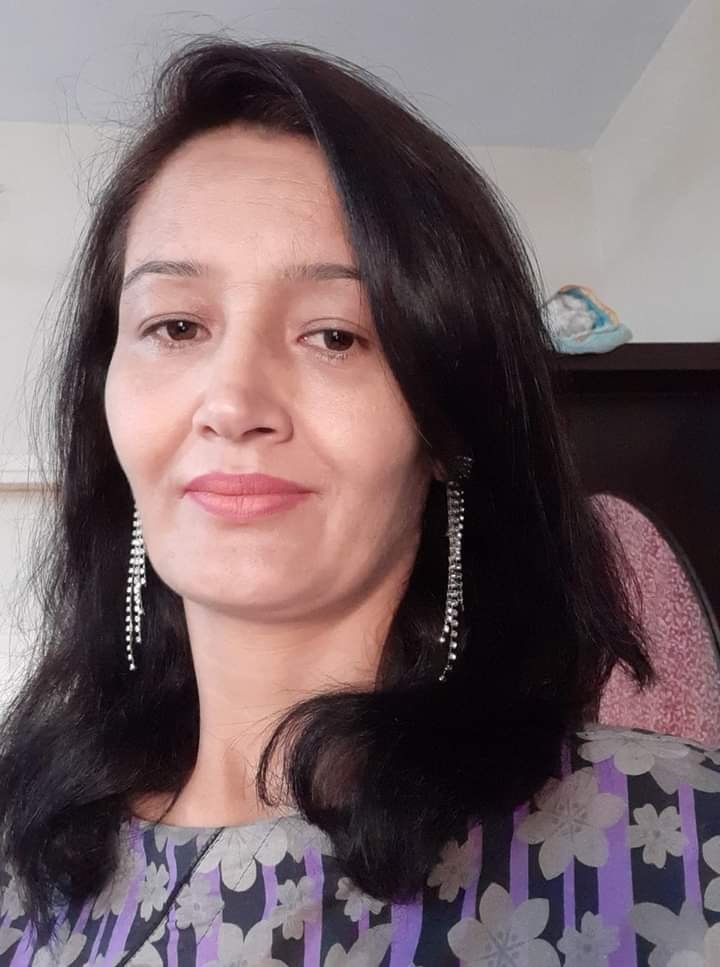
“Every issue in society has to do with social structure, class and politics, whether it is violence against women or any marginalized segment. We need to seek solutions to such problems, including the exploitation of women, through class-based political struggle.
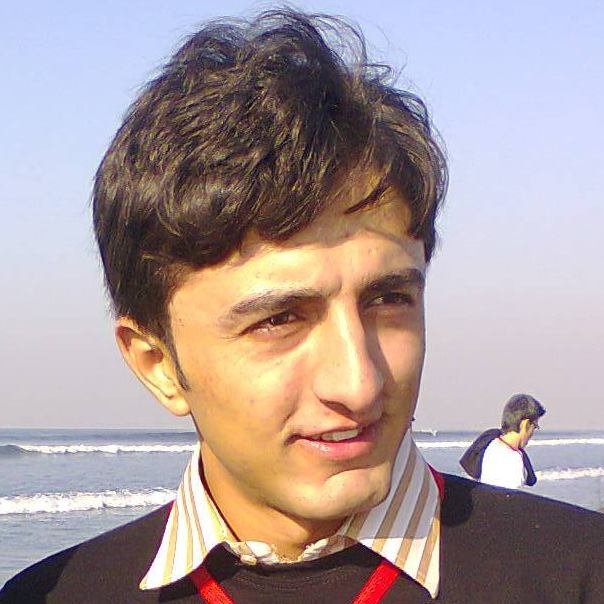
He agreed with the stance of Zaigum that in a class-based society women are also divided into the working-class and ruling elite class. Women of the feudal and capitalist classes are equally responsible for and complicit in the exploitation and oppression of working women just like men.
Thus, the elite class women do not represent working-class women, nor do they safeguard their rights and nor interested in addressing their problems.
To understand the question of women, he referred to two books “Family, Private Property and the Beginning of the State” by Lenin and the “The Death of Imperialism” written by renowned French Marxist philosopher Frantz Fanon.
He also recalled a big rally of women, perhaps, the first of its kind in the history of Gilgit-Baltistan in 2009 at Sher Qila, Punial during the election of Nawaz Khan Naji against Pir Karam Ali Shah, a spiritual leader who had ruled the region for 45 years.
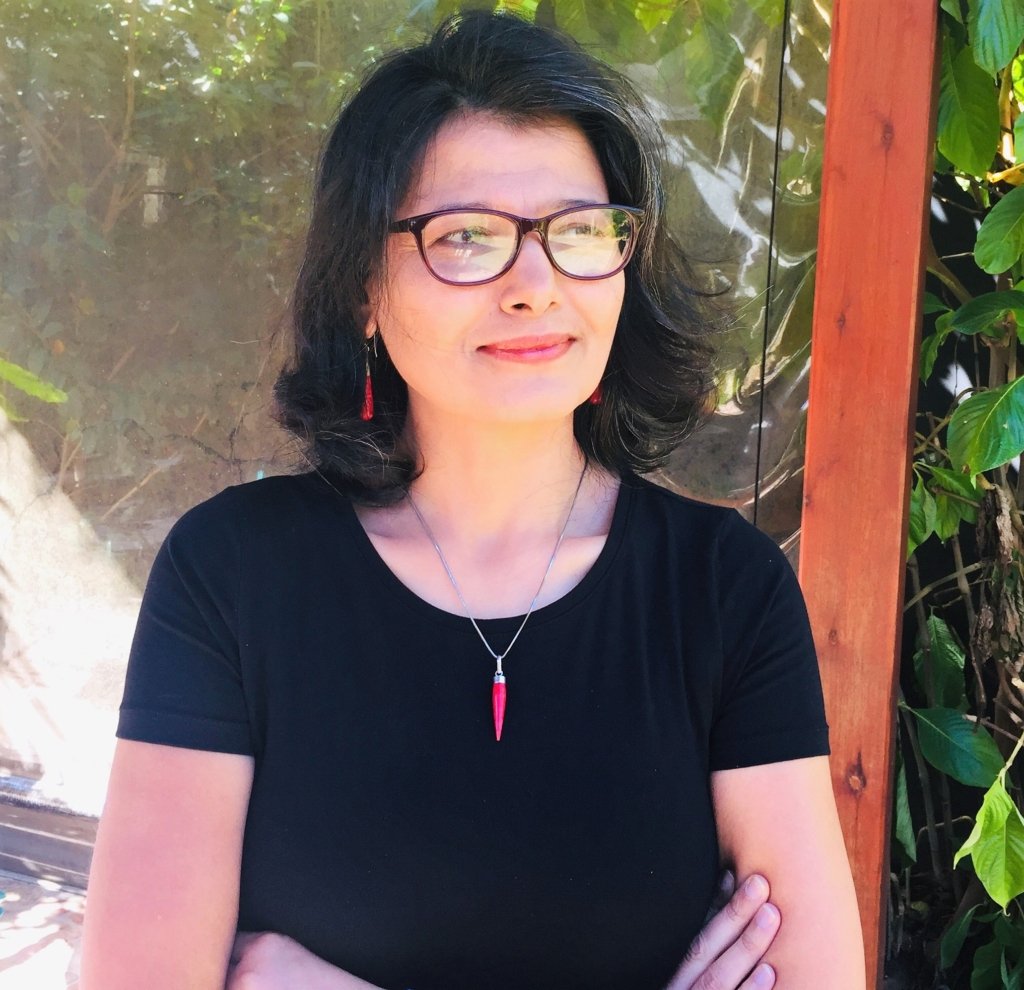
Dr Reshma Parveen-Musofer who moderated the session thanked the panelists for their thought-provoking views and suggested holding such a forum on the 1st Sunday of every month.
The session was part of a series of discussions on critical issues and topics considered taboo. The forum aims to provide a platform for the ‘unheard voices’ beyond gender, ethnicity, political affiliation and religion to generate debate on inclusivity in society on issues related to women, people with disability and the transgender community.
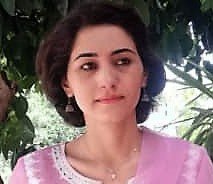
Rozina Ahmed is a social activist and doing MPhil from GC Lahore

The High Asia Herald is a member of High Asia Media Group — a window to High Asia and Central Asia

